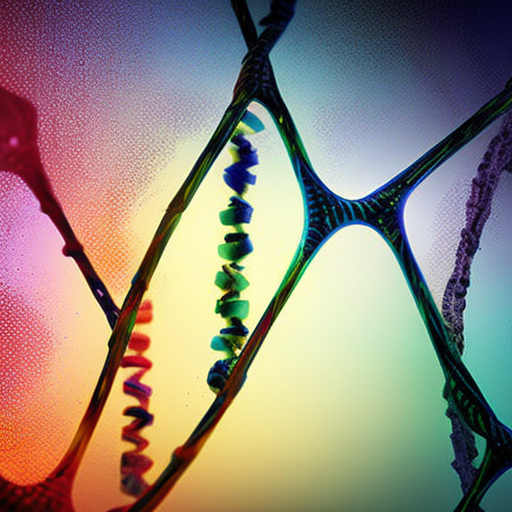Introduction
Neurons are the cells that make up the brain and the nervous system, and are responsible for sending and receiving signals. There are many different types of neurons with unique characteristics, so it is important to understand what sets them apart. In this article, we will discuss which of the following is not characteristic of neurons.
Types of Neurons
Neurons can be divided into three main types: motor neurons, sensory neurons, and interneurons. Motor neurons are responsible for sending signals from the brain to the muscles, while sensory neurons send signals from the senses to the brain. Interneurons connect the other two types of neurons, passing signals from one neuron to another.
Characteristics of Neurons
Neurons have several unique characteristics that set them apart from other cells. First, they have a cell body, or soma, which contains the nucleus and other organelles. Neurons also have a long, thin projection called an axon, which sends signals away from the cell body, and numerous dendrites, which receive incoming signals from other cells.
Cell Division
One of the characteristics of neurons that sets them apart from other cell types is that they do not undergo cell division, or mitosis. This means that once a neuron has been created, it will not divide into two new cells. This is in contrast to other cell types, such as skin cells or muscle cells, which can replicate themselves through the process of cell division.
Conclusion
In conclusion, the characteristic of neurons which sets them apart from other cell types is that they do not undergo cell division. This means that once a neuron has been created, it will not divide into two new cells, as is the case with other cells.

